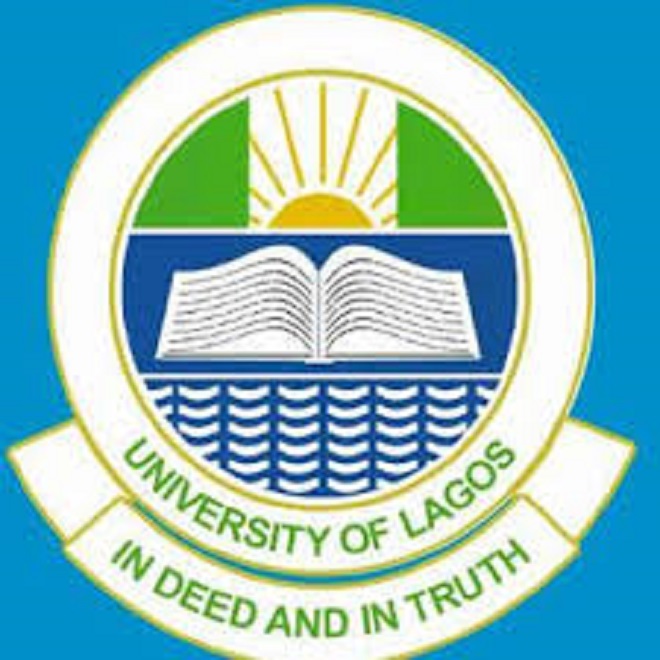UNILAG targets 10Gbps internet broadband
The University of Lagos (UNILAG) has revealed its intention to increase its internet broadband to 10 Gigabytes per second (Gbps) from 2 Gigabyte per second (Gbps) in a bid to unlock the full digital automation of the institution’s administrative and academic process. The institution’s Vice-chancellor, Prof. Folasade Ogunsola, stated this during a panel session with […]

The University of Lagos (UNILAG) has revealed its intention to increase its internet broadband to 10 Gigabytes per second (Gbps) from 2 Gigabyte per second (Gbps) in a bid to unlock the full digital automation of the institution’s administrative and academic process.
The institution’s Vice-chancellor, Prof. Folasade Ogunsola, stated this during a panel session with the topic: “Inclusive Digital Transformation and the University Promise” at the 2024 International Week, stressing the need for a policy framework to drive the overhaul from analogue to full digitalisation.
“We have cables all over this campus and we have to thank some of the partners. We presently have like 2 gigabytes per second and we can go to 10 gigabytes per second. So, we are providing that infrastructure,” she said.
She stressed that the drive of Japa mounted pressure on collating transcripts of students who graduated over three decades ago, saying that the institution had begun the drive of digitalisation with the provision of Enterprise Resources Planning (ERP) for students’ information management system.
- Police dismiss, remand officer who killed Enugu musician
- RTEAN tasks members on pre, post-crash initiative
“People 30 and 40 years ago are asking for transcripts, so you are going to dig into paper but those who came out from 2010, we don’t have that problem,” she said.
The acting executive secretary, the National Universities Commission (NUC), Chris Maiyaki, reminisced about the disruption during the Covid-19 pandemic, attributing it as the catalyst for digitalisation of the country’s education system.
“It was at that moment we came up with policies and guidelines on transnational education which prescribed certain competitive models to broaden access in higher education and gave guidelines for E-learning that there must be protocol for streamlining,” he said.
